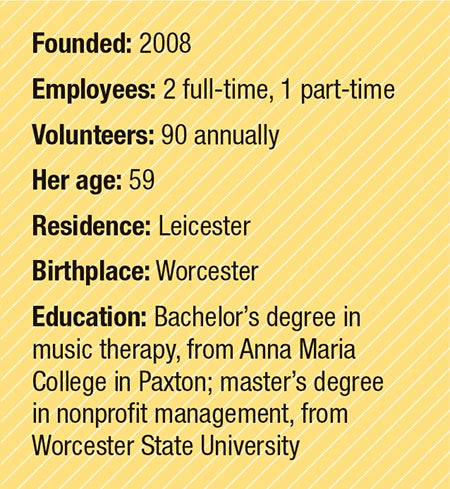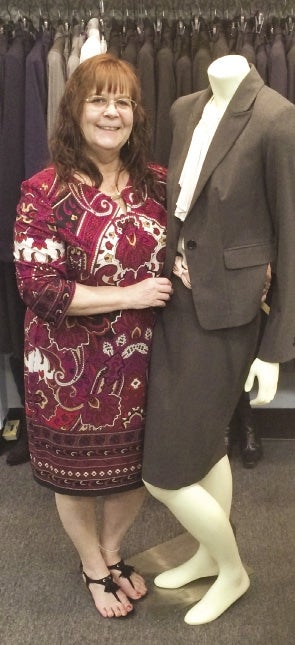With a disproportionate number of women forced to leave the workforce during the coronavirus pandemic – a phenomenon called the Shecession – Justina Lachapelle, executive director of the nonprofit Dress for Success Worcester, expects a spike in demand once children start attending school full-time in-person this fall, as women to prepare to enter the job market or level up in their careers.
Get Instant Access to This Article
Subscribe to Worcester Business Journal and get immediate access to all of our subscriber-only content and much more.
- Critical Central Massachusetts business news updated daily.
- Immediate access to all subscriber-only content on our website.
- Bi-weekly print or digital editions of our award-winning publication.
- Special bonus issues like the WBJ Book of Lists.
- Exclusive ticket prize draws for our in-person events.
Click here to purchase a paywall bypass link for this article.
With a disproportionate number of women forced to leave the workforce during the coronavirus pandemic – a phenomenon called the Shecession – Justina Lachapelle, executive director of the nonprofit Dress for Success Worcester, expects a spike in demand once children start attending school full-time in-person this fall, as women to prepare to enter the job market or level up in their careers.

What is your mission?
Our premier program is we provide women who are in the process of interviewing for jobs with outfits, so they are best prepared for their interview. We use the opportunity to meet with women to offer advice on how to adjust their resumes, so it is more marketable and more clearly expresses their strengths.
During the appointment, we will informally ask her the questions she will likely be asked during the interview. What we are trying to do is build her self-confidence and help her know she has a lot of skills to offer.
How many women do you serve?
Pre-pandemic, we served 470 women per year. Last year, because we were transitioning everything remotely, we served more than 200. We don’t have any eligibility criteria, and we serve all ages: the youngest ever was 18, and the oldest ever was 63. We serve a wide variety of ethnic backgrounds and educational levels. A large proportion have college experience, including at graduate levels.
We embraced the mission our international organization has developed, which previously used to say disadvantaged women. That language was deliberately taken out of the mission, since so many households are living paycheck-to-paycheck, and we didn’t want to exclude anyone who might need our services.
We partner with 72 referral agencies, small ones all the way up to our largest agency: MassHire. What we found was a lot of our referral sources were crippled by the pandemic, so we have started allowing women to self-referral into our services. That enables them to receive our services when we need them.
What is the biggest challenge these women face?
They need to be able to own their strengths and accomplishments. Many times, women tend to downplay their accomplishments, and one of our biggest challenges is helping women understand their self-worth and how to market that to other people.
We have been servicing a number of women who have been out of the workforce for many years, who need to return to a job for financial reasons. Many women don’t realize the skills they’ve developed while running a household – project management, time management – are the skills employers are looking for.
How has the pandemic impacted demand for your services?
This fall, we are expecting to see an influx, first when schools resume in-person classes. That has been a barrier and caused women to leave the workforce.
We now are serving a lot of women who were displaced from the hospitality and service industries. Now, they don’t know where to go and where to look for jobs. That is one of the things we do best, understanding what skills they may have, which would transfer to a different industry.
What’s your annual revenue?
It’s $200,000. Almost all of it is fundraised annually, through non-governmental sources. We rely on foundations, corporate support, individual donors. We run an overstock sale four times a year at the boutique, which both raises money for us while providing discounted professional clothes for women who need them.
Where do you get the clothes?
Most of them are donations, which we get in a number of ways. A few brands, notably Talbots and Vanity Fair, send us clothes as part of an agreement with the greater Dress for Success organization. However, the vast majority of our clothing is donated through individuals, or corporate or civic groups who run clothing drives for us.

